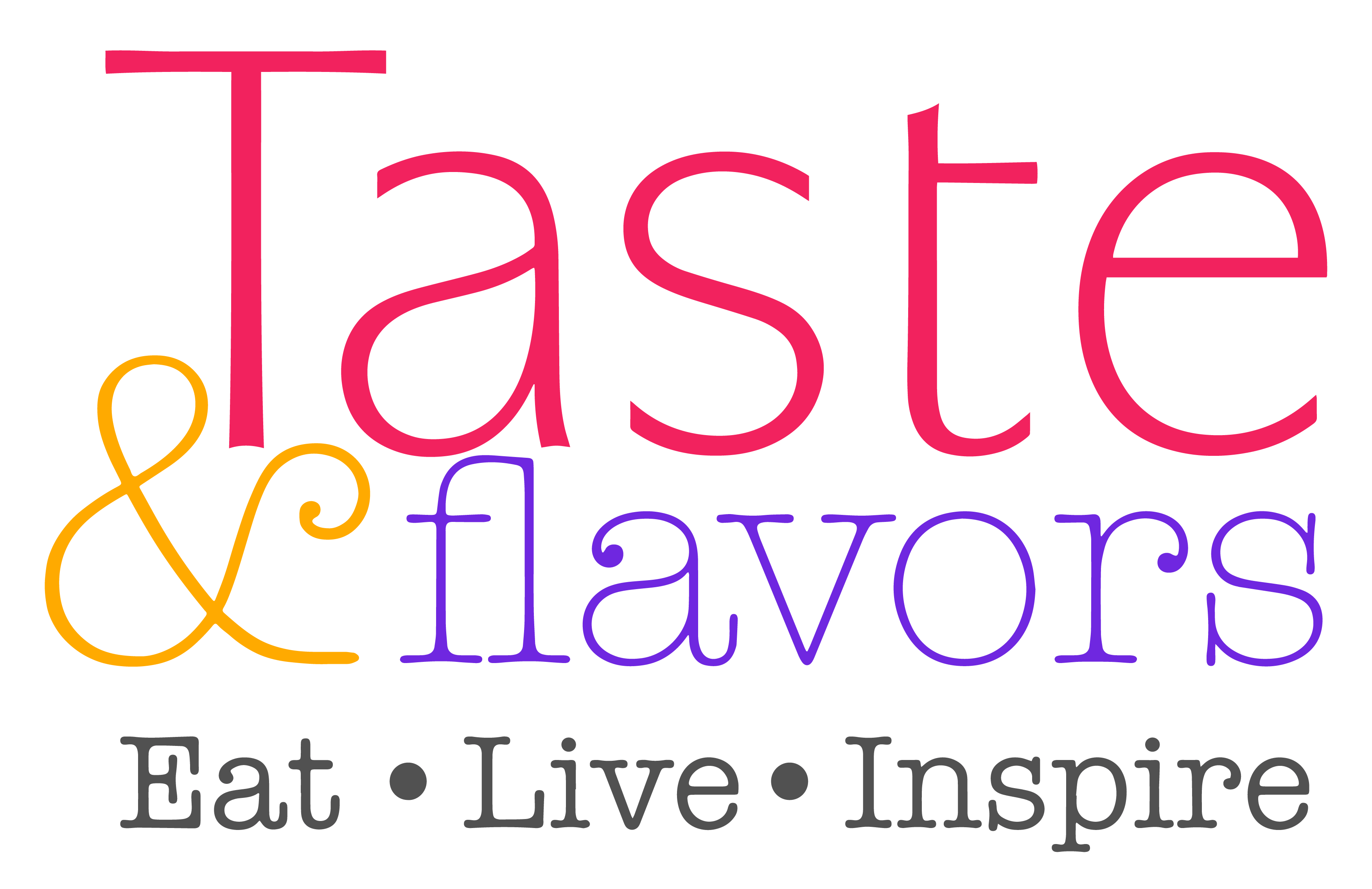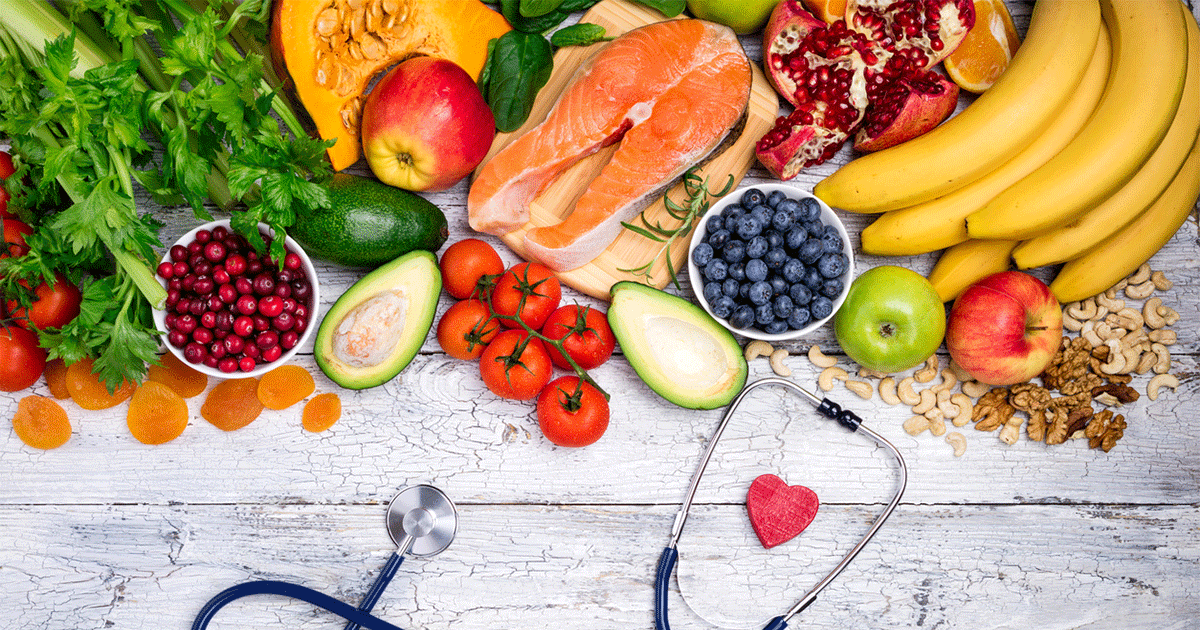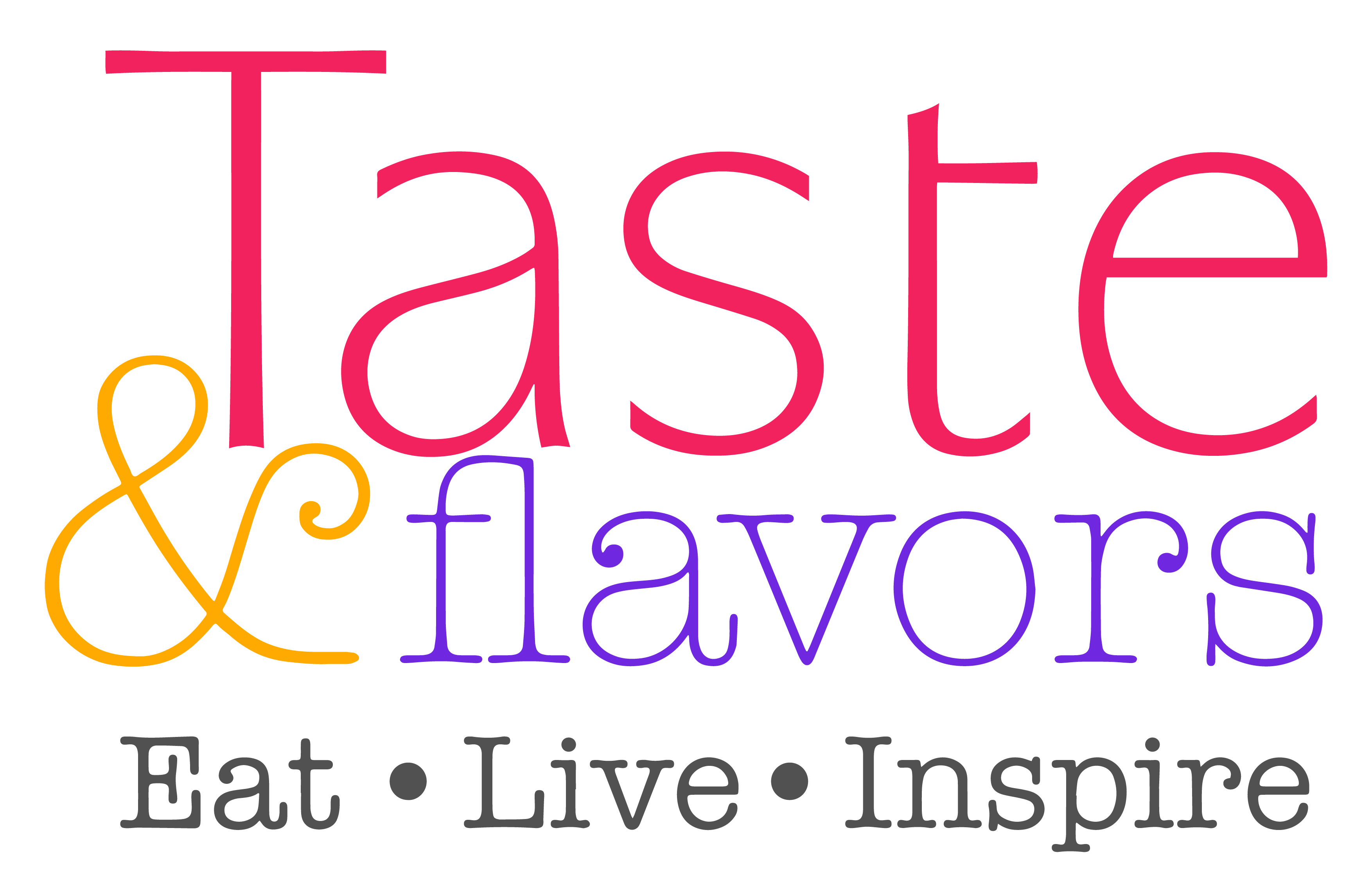Revising your diet is one of the easiest, most effective ways to affect inflammation, food contains not only calories, but also specific messages that turn on or off messages of inflammation
Inflammation is a natural process that helps your body heal and defend itself from harm. However, inflammation is harmful if it becomes chronic. Chronic inflammation may last for weeks, months, or years — and may lead to various health problems. Eating unhealthy foods, drinking alcohol or sugary beverages, and getting little physical activity are all associated with increased inflammation. If you want to reduce inflammation, eat fewer inflammatory foods and more anti-inflammatory foods.
Base your diet on whole, nutrient-dense foods that contain antioxidants — and avoid processed products. Antioxidants work by reducing levels of free radicals. These reactive molecules are created as a natural part of your metabolism but can lead to inflammation.
- LOAD UP ON ANTI-INFLAMMATORY FOODS
Your food choices are just as important as the medications and supplements you may be taking for overall health since they can protect against inflammation.
One diet considered anti-inflammatory is the Mediterranean diet, which has been shown to reduce inflammatory markers, such as CRP. It focuses on fruits, vegetables, fish and whole grains, and limits on unhealthy fats, such as red meat, butter and egg yolks as well as processed and refined sugars and carbs.
- BEST FOODS FOR reduce chronic inflammation
- Vegetables: Broccoli, kale, Brussels sprouts, cabbage, cauliflower, etc.
- Fruit: Especially deeply colored berries like grapes and cherries
- High-fat fruits: Avocados and olives
- Healthy fats: Olive oil and coconut oil
- Fatty fish: Salmon, sardines, herring, mackerel, and anchovies
- Nuts: Almonds and other nuts
- Peppers: Bell peppers and chili peppers
- Chocolate: Dark chocolate
- Spices: Turmeric, fenugreek, cinnamon, etc.
- Tea: Green tea
- Red wine: Up to 5 ounces (140 ml) of red wine per day for women and 10 ounces (280 ml) per day for men.
- CUT BACK INFLAMMATORY FOODS
- They are associated with an increased risk of chronic inflammation. Try to minimize them as much as possible.
- Sugary beverages (sugar-sweetened drinks and fruit juices) and desserts (cookies, candy, cake, and ice cream):
- While the small amounts of fructose in fruits and vegetables are fine, consuming large amounts from added sugars increase inflammation and insulin resistance. Sugar supplies excess amounts of fructose which can lead to disease.
- Refined carbs: They have had most of their fiber removed. Fiber promotes fullness, improves blood sugar control, and feeds the beneficial bacteria in your gut such as white bread, white pasta, etc.
- Artificial trans fats: Meat (Hot dogs, bologna, sausages, etc. ) and snack foods (crackers, chips, pretzels..)
- Vegetable and processed seed oils: Such as soybean and corn oil, they promote inflammation due to their very high omega-6 fatty acid content. They are used as cooking oils and are a major ingredient in many processed foods.
- CONTROL BLOOD SUGAR
Limit or avoid simple carbohydrates, such as white flour, white rice, refined sugar and anything with high fructose corn syrup. One easy rule to follow is to avoid white foods, such as white bread, rice and pasta, as well as foods made with white sugar and flour. Build meals around lean proteins and whole foods high in fiber, such as vegetables, fruits and whole grains, such as brown rice and whole wheat bread.
- EXERCISE REGULARLY
Exercise is the best-kept secret in preventive medicine in general and for inflammation as well. Make time for 30 to 45 minutes of aerobic exercise and 10 to 25 minutes of weight or resistance training four to five times per week.
- MANAGE STRESS AND CALM YOUR MIND
Your emotions may have as much to do with inflammation as your lifestyle. People who are prone to anger, hostility, and depressive symptoms have higher CRP levels.
- REDUCE ALCOHOL CONSUMPTION
Cutting out alcohol briefly helps the body calm down and reduce existing inflammation. While research suggests that moderate alcohol consumption offers some benefits, the problem is that it’s easy to cross the line from beneficial and anti-inflammatory to harmful and inflammatory.
You can boost the benefits of your anti-inflammatory diet by taking supplements to help you fight inflammation. B vitamins can help reduce chronic inflammation, as well as omega-3 fatty acids, calcium, magnesium, and vitamin D.







